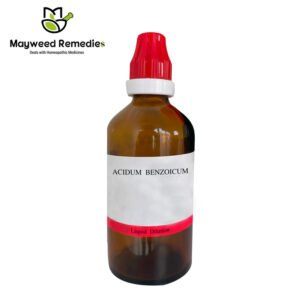Amoora rohituka or Aphanamixis polystachya, commonly known as the pithraj tree, is a species of tree that belongs to the family Meliaceae. It is widely distributed in India, Pakistan, Nepal, Bhutan, Bangladesh, Myanmar, and Sri Lanka.
Amoora Rohituka Medicinal Uses
Amoora rohituka is one of the widely used medicinal plants in India and has been used in various medical formulations. In homeopathy, the bark of the tree is used as raw material for the preparation of mother tincture. It is commonly used in the treating blood disorders, eye diseases, ulcers, wounds, liver disorders, enlargement of the spleen, tumors, leucorrhoea, urinary infections, and worm infestations.
The main active principles are found in the bark of the tree. The extract from its leaves has been reported to possess antitumor, antibacterial properties and also has been reported to exhibit cytotoxic and apoptotic activities on human breast cancer cells.
Amoora Rohituka Homeopathy
Amoora rohituka is used to treat conditions such as constipation, prolonged fevers associated with enlargement of the spleen and liver, headaches, burning pain in the eyes, face, hands, feet, burning pains in the stomach with nausea and vomiting. Some of the indications for which Amoora rohituka can be used are:
For different types of headaches, especially frontal headache, that gets worse from the sun and better by cold application.
For leucorrhoea with a thin and bland discharge of whitish nature associated with a burning sensation in palms and soles.
For weak memory and enlarged glands.
For enlargement of the liver and spleen with fever and headache.
For bleeding hemorrhoids.
For falling of hair.
For abdominal complaints like loss of appetite, diarrhea, nausea, and vomiting.
For acrid discharges.
Externally it can be used as a liniment in cases of joint pains.
It can be used as a tonic for liver, spleen, and for general weakness.





Reviews
There are no reviews yet.